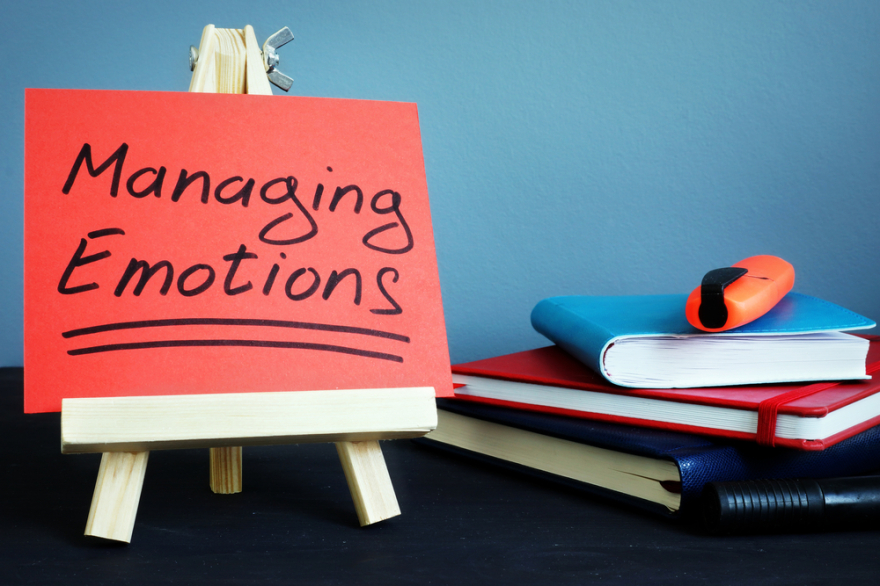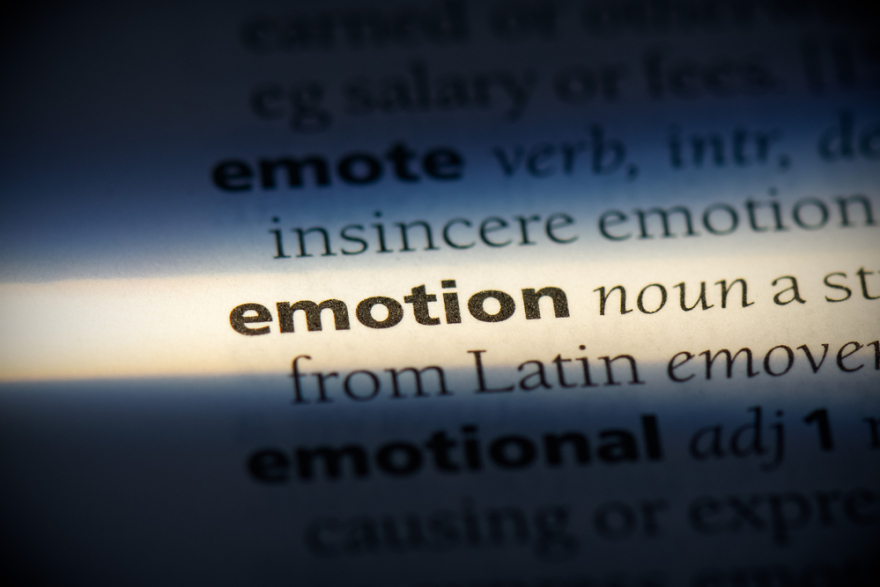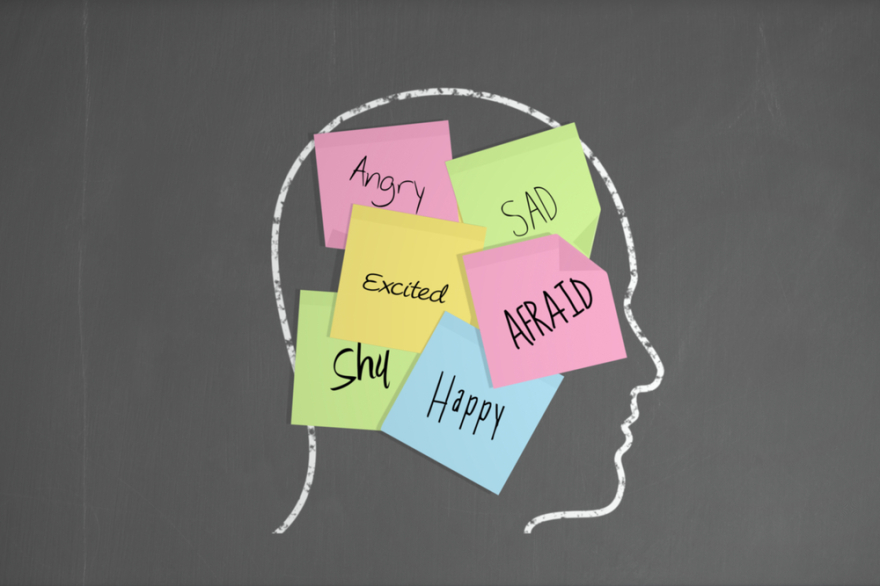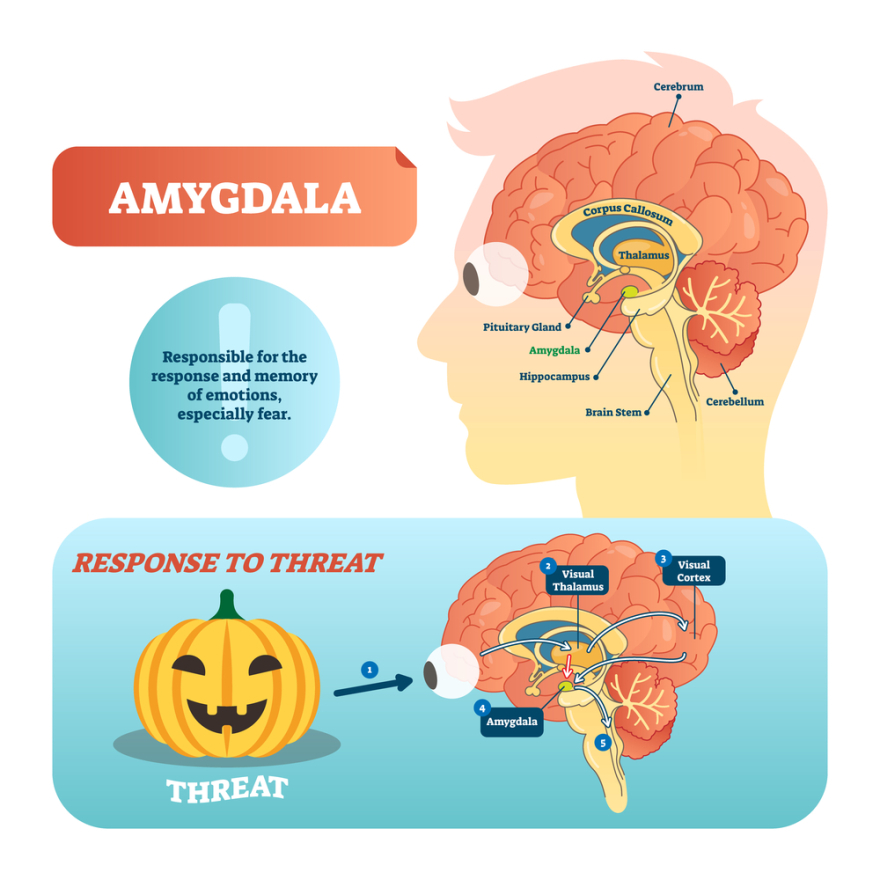|
Emotions 101 – How to Understand and Master Your Emotions
Rev. Dr. Kitty Boitnott, NBCT, RScP
Heart-Centered Career Transition and Job Search Coach | Life Strategies and Stress Management Coaching

Success in life depends to a great degree on whether or not you ever learn to understand and master your emotions. If you don't, you will always be subject to your emotions controlling you instead of you controlling them.
Think of our most outstanding leaders and role models. They have all learned the importance of conducting themselves with poise, even in the face of great turmoil and fierce criticism.
Currently, we are learning more every day about the emotional toll of the pandemic on our collective and individual mental health. Since mental health is intricately tied to our emotional state, now may be a good time to talk about emotions and the importance of mastering them.
You cannot master your emotions, however, if you do not understand them. In this series of posts over the next few weeks, I will attempt to provide a definition of emotions, offer how they are often triggered, and describe the three main components of emotions with which we must deal.
The Definition of Emotion

An online search will provide numerous definitions of emotion. The simplest explanation is that emotions are human reactions to specific situations or events. People experience different types of emotions, and the triggers for these are unique to the individual.
A very recent event that has triggered a lot of emotion for many people, for example, is the tragedy last week in Texas. A disturbed young man took the lives of 19 young children and two teachers. We will never know what triggered his desire to wreak so much carnage.
But none of us can be unaffected by this event or the countless others like it.
Unfortunately, these types of tragedies occur far too often in this country.
But other events can cause us to have emotional responses, including happy events. Many families are celebrating graduations this time of year, for example. Others are planning weddings or welcoming newborns into the family.
There are Three Separate Components of Emotions
Emotions are complex, and generally speaking, there are three components to them which include:
1. Your subjective experience
2. Your physiological response
3. Your behavioral response
In addition to the three components of emotions, experts believe that there are six universal emotions that every human being experiences at some time or another. Studies have shown that feelings are very subjective, however, and emotional experiences are unique to each individual.
You can also experience a combination of emotions at the same time.

You will react differently to how other people do. Think about the loss of a parent. If there are multiple children, each will experience the loss in a way that is unique to them. The reason for that is as complex and complicated as each individual.
The body also reacts physically to different emotions. For example, some emotions may make you feel anxious and cause your stomach to churn. It might set your heart racing. If you experience fear from a feeling, your brain is hard-wired to put you into a "fight or flight state."
The brain plays a significant role in emotions. For example, the amygdala is an element of your limbic system. Research shows that the amygdala is automatically activated when a person experiences real and imagined fear.

Your behavioral response is demonstrated in how you express your emotions. For example, an unwanted emotion can cause you to behave in a way that you might regret later.
Therefore, controlling your behavioral response to your emotions is very important.
The Six Universal Emotions
Paul Ekman is a psychologist who offered the notion of universal emotions to the world in the 1970s. Also known as the "core" emotions, Ekman's idea has received wide acceptance worldwide. The six universal emotions that he identified are:
1. Anger
2. Happiness
3. Fear
4. Surprise
5. Disgust
6. Sadness
You can usually tell when a person is angry. Indeed, angry emotion can result in violence if it is not controlled. A lot of people scream and yell when they are angry.
However, experiencing anger is not necessarily bad because you can use it to motivate you to change your life.

We all crave to experience the emotion of happiness. Feeling happy can be very pleasant. It provides us with a feeling of well-being and satisfaction. When you are experiencing a happy emotion, you are likely to smile and have an upbeat tone in your voice.
Fear can be triggered by real danger or something irrational--even imagined. Your brain will perceive both of these to be real, and as a result, you can experience physiological effects such as a racing heart. Fear is, unfortunately, a very commonly experienced emotion.
Surprise can be both good and bad. Naturally, we all want pleasant surprises rather than unpleasant ones.
You can experience the emotions of disgust from something that you do not find morally acceptable. It can also be experienced physically, such as a foul odor.
We all experience sadness from time to time. Frustration can trigger sadness, and so can the grief of losing a loved one. Some people will attempt to hide their sadness, while others mourn openly.
None of us should deny our emotions.
Denying your emotions is one thing that can lead to poor mental health. On the other hand, it is essential as responsible adults that we learn how to recognize and master our responses to emotional situations. And we need to teach our children to do the same.
In future posts in this series, I will offer additional information on emotional health and well-being.
Until next time.
|